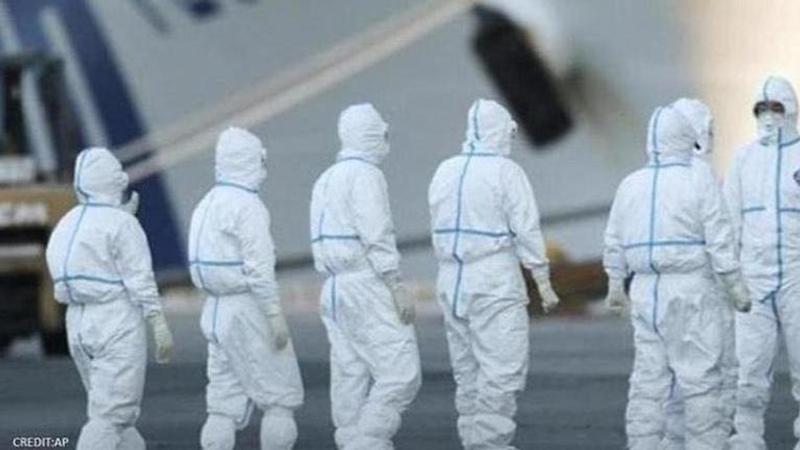Published 22:37 IST, March 20th 2020
UK asks retired nurses and doctors to return amid coronavirus battle
In an attempt to care for patients infected with the deadly coronavirus, the UK government recently asked 65,000 former nurses and doctors to return to work.

In an attempt to care for patients infected with the deadly coronavirus, the British government recently asked 65,000 former nurses and doctors to return to work, international media reported citing the health ministry of the United Kingdom. The ministry also reportedly asked all the final year medical students to work at the NHS frontline. The UK has till now reported 3,269 cases of infection and 184 deaths.
Ruth May, the chief nursing officer for England announced “We can’t do it alone, so I am urging all recent former nurses to lend us your expertise and experience during this pandemic because I have no doubt that you can help to save lives."
According to reports, The Nursing and Midwifery Council has written to more than 50,000 nurses whose registration lapsed in the last three years. Meanwhile, the General Medical Council will reportedly write to another 15,500 doctors who have left the register since 2017.
Key workers in UK
The United Kingdom Department for Education recently published a list of ‘key workers’ whose children will be prioritised for schooling during general closure and journalists and broadcaster providing public services have been included in the list.
As per the guidelines, some schools will be open for children of the professionals and workers mentioned in the list of key services released on March 20. The authorities believe that allowing children of such professionals to be in school will allow them to continue working in the essential services.
According to the official website of the department, the authorities said,
“Schools are being asked to continue to provide care for a limited number of children - children who are vulnerable and children whose parents are critical to the COVID-19 response and cannot be safely cared for at home. This includes those essential to the running of the justice system, religious staff, charities, and workers delivering key frontline services, those responsible for the management of the deceased, and journalists and broadcasters who are providing public service broadcasting”.
Updated 22:37 IST, March 20th 2020




